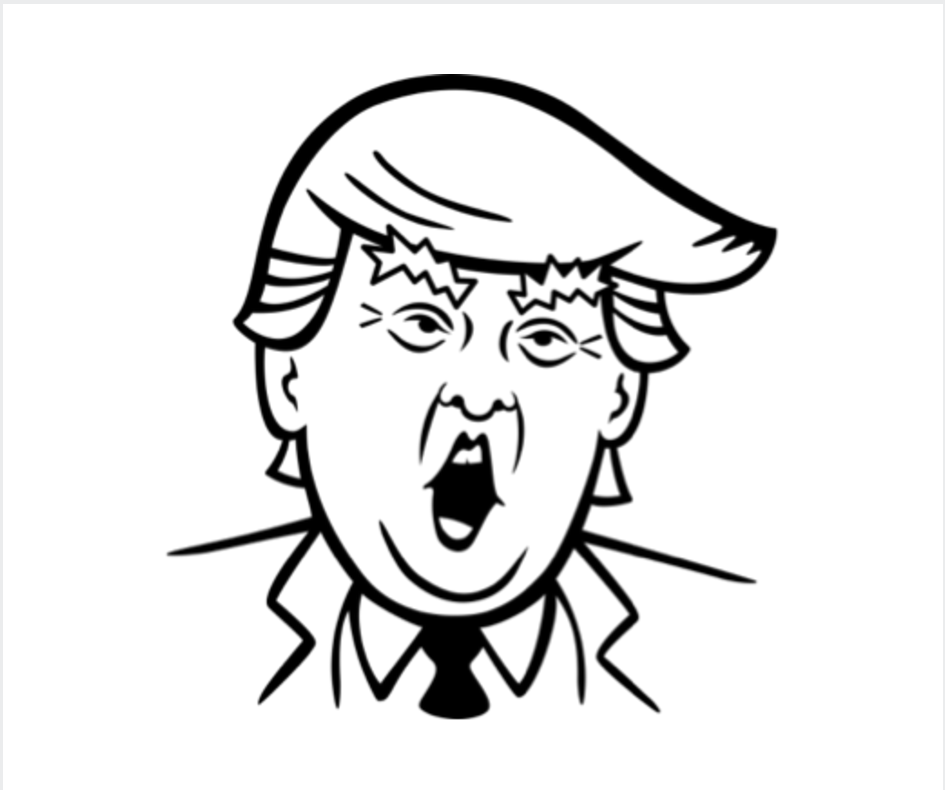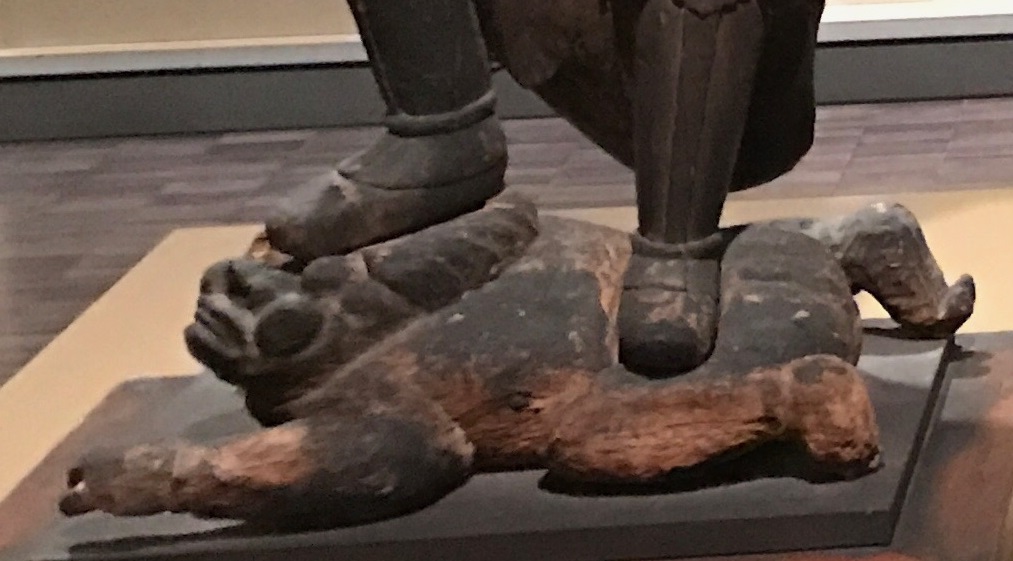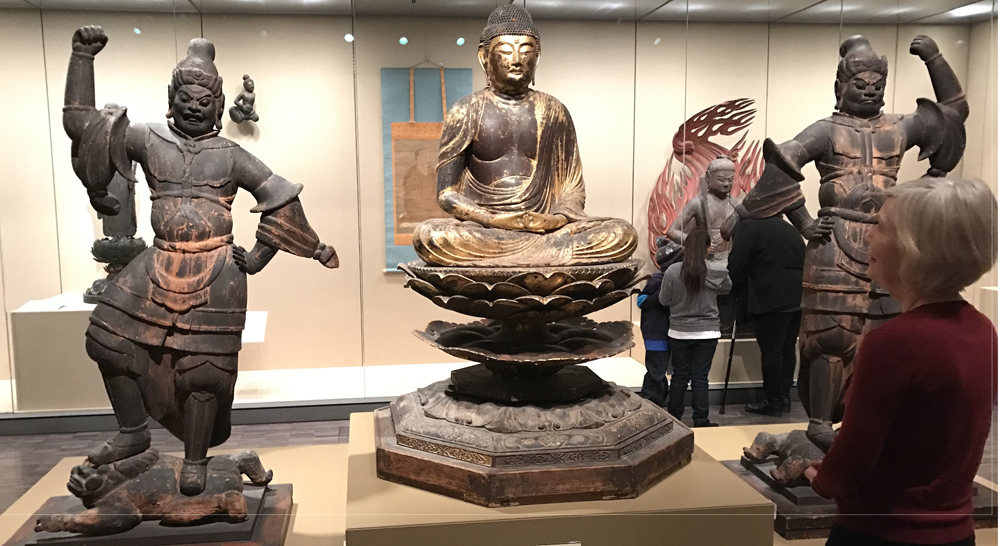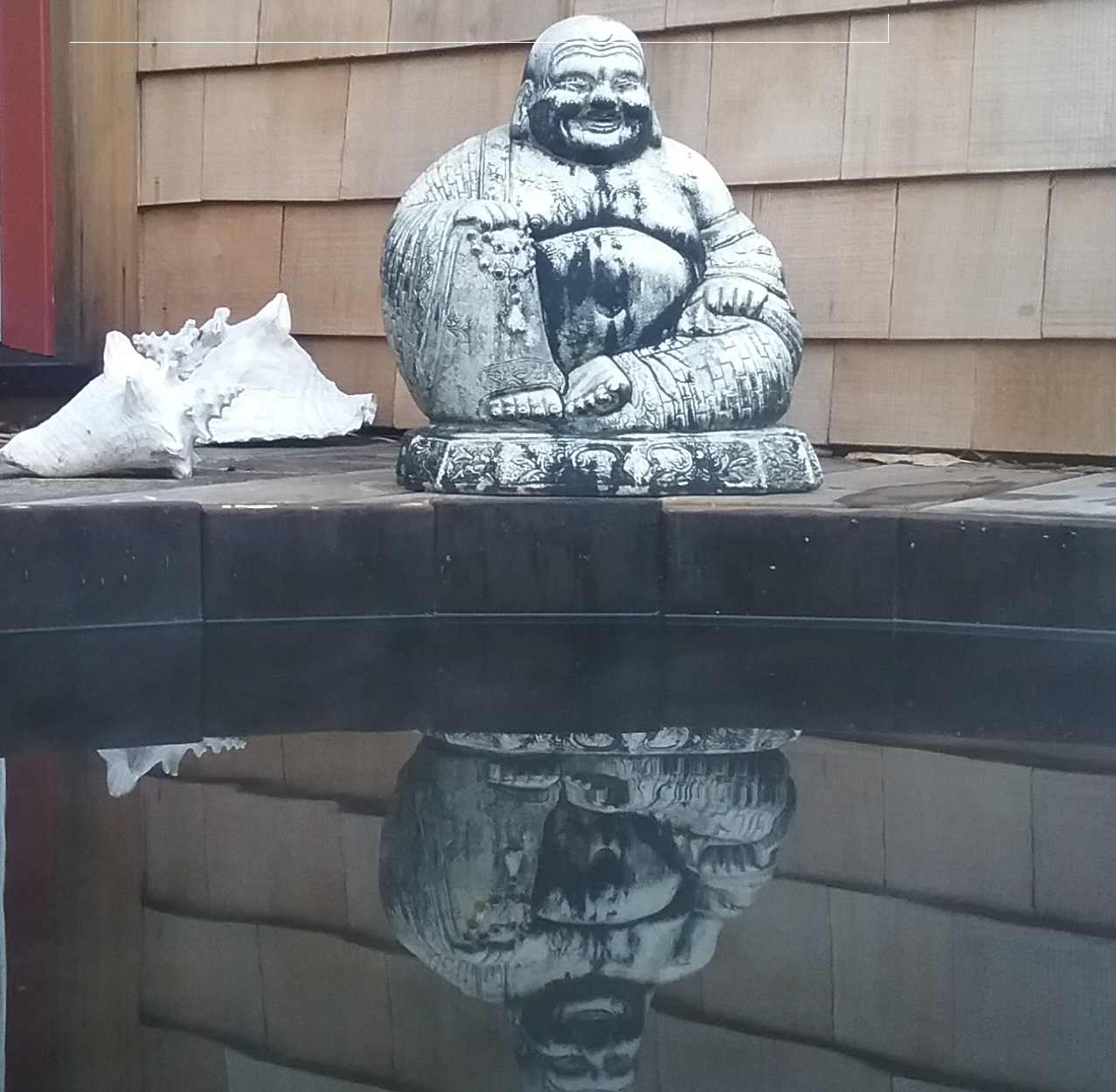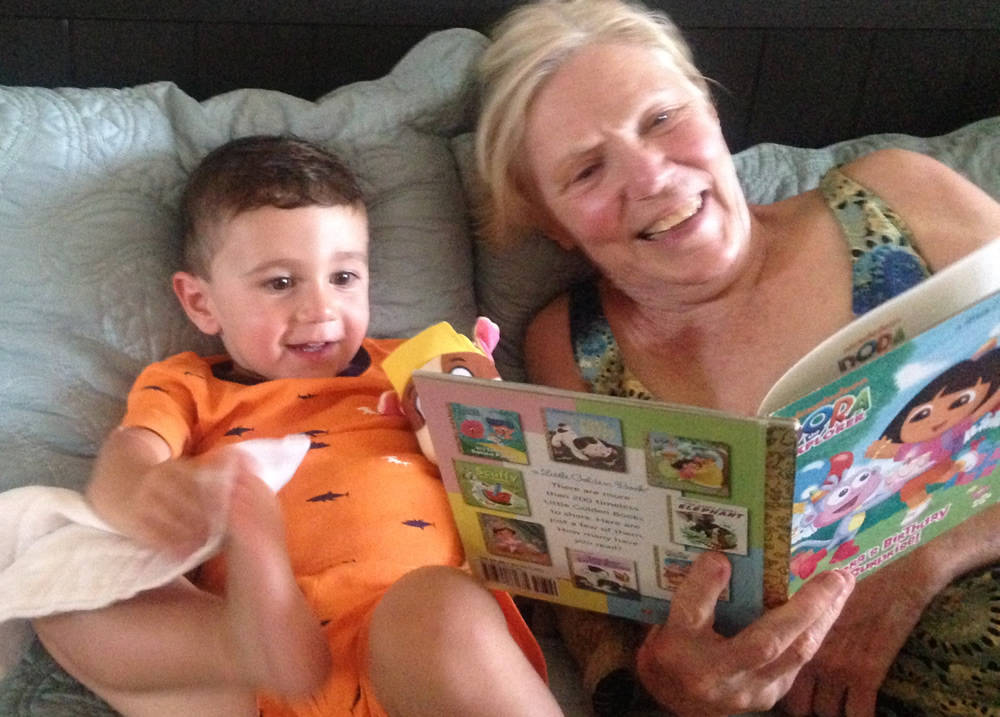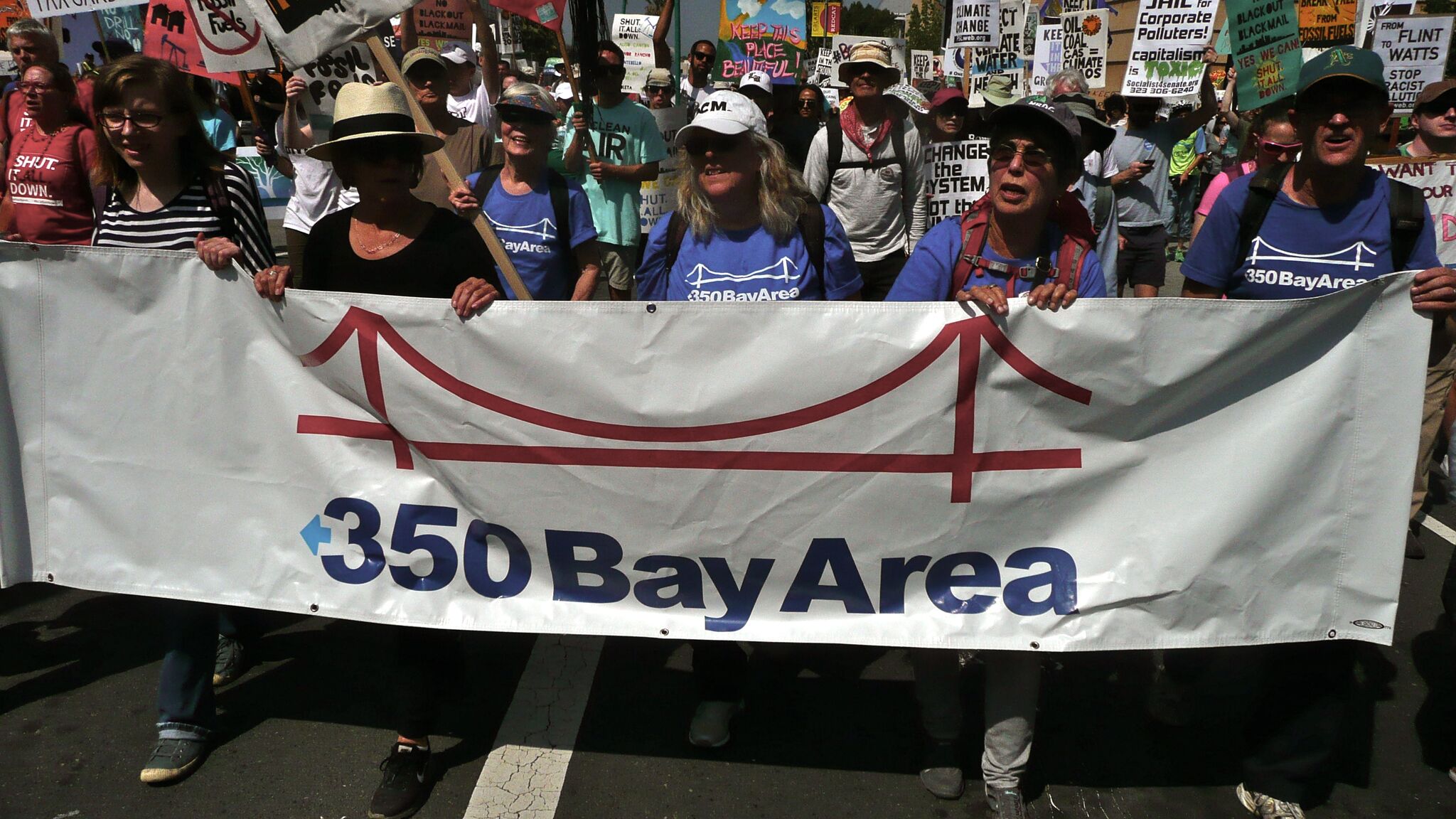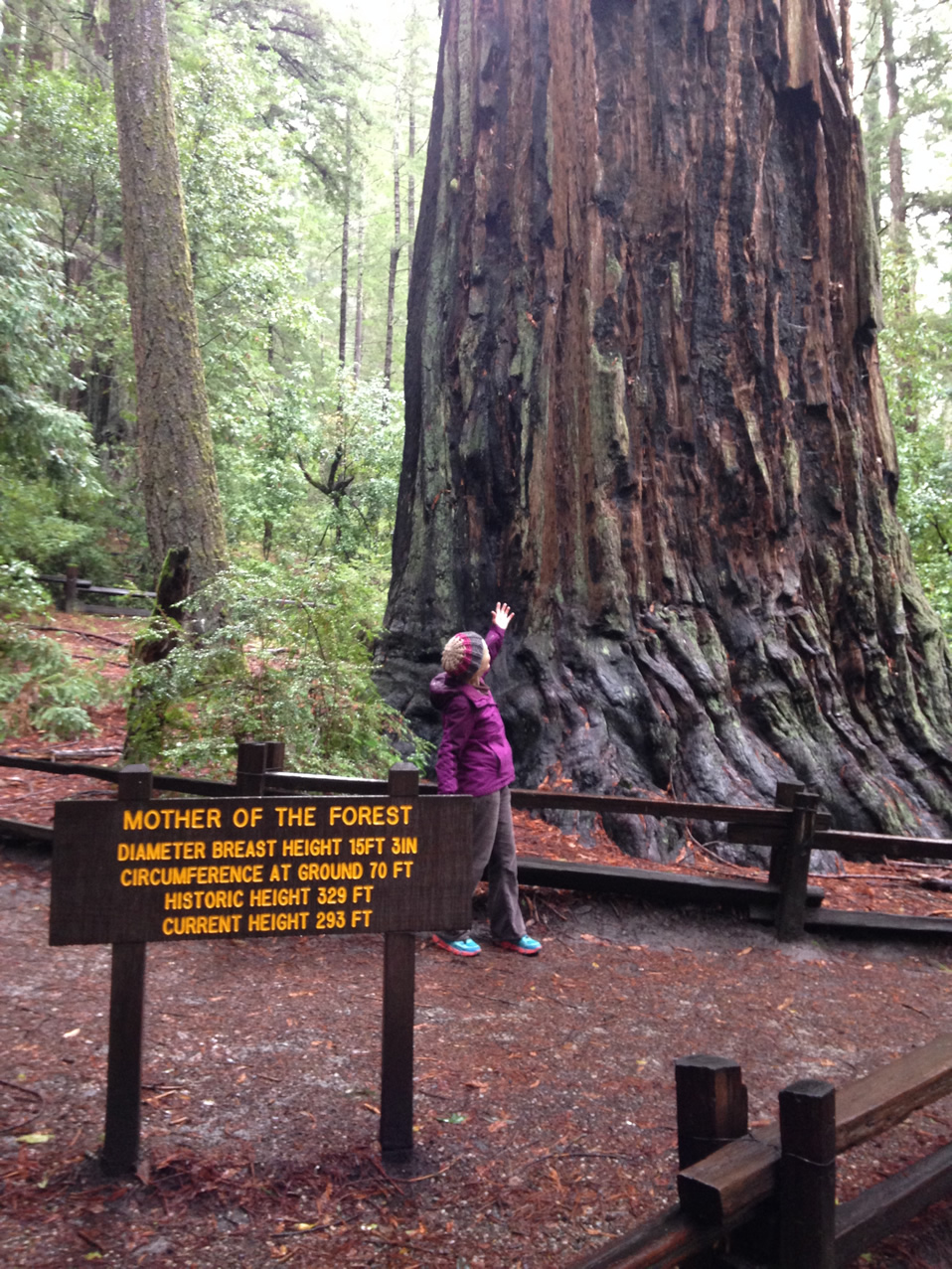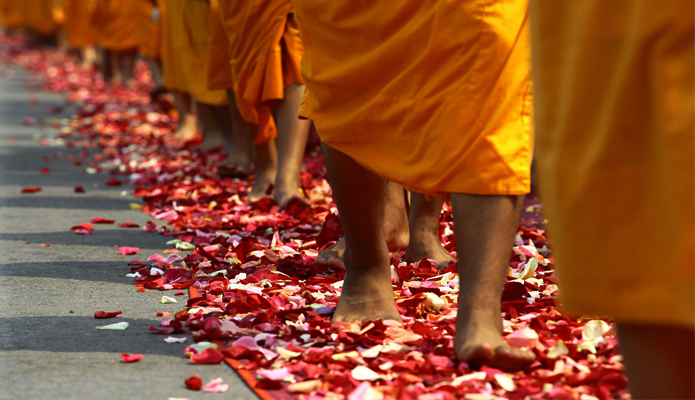The Trump ban on immigration from seven Muslim countries has caused harm to millions of families, students, travelers, scientists, and workers, both in the United States and abroad. His ban on refugees whose lives are at stake is cruel. To close off U.S. borders to Muslims, Syrians refugees, Mexicans, and who knows what group is next, goes against American values, and is immoral.
Trump’s ban on Muslims hurts all of us, both at work and in our communities. A ban on one religion is a threat to all religions.
Let us turn to Buddhist economics to guide us.
Buddha taught that we are all interdependent. Visualize Indra’s Jewel Net (above), with the net stretched to infinity in all directions, each knot containing a brilliant jewel that reflects every other jewel. Each reflection bears the image of all the other jewels. Whatever affects one jewel affects all jewels.
Buddhist economics teaches all people are interdependent, and people and earth are interdependent. Interdependence changes how we think about who gets what. We move from the free market zero-sum approach, where additional resources to one person must come from another person, to a collective approach, where everyone’s well-being is connected. In Buddhist economics, the well-being of everyone improves when we transfer resources from those who consume much more than is required to live comfortably to those who are impoverished, even when total resources remain the same. Now individual well-being and societal well-being become intertwined.
All major religions (Christianity, Islam, Hinduism, Judaism, Buddhism) teach a version of the Golden Rule, “treat others as you would like others to treat you.”
As the Dalai Lama tells us, “Every religion emphasizes human improvement, love, respect for others, and the sharing other people’s suffering,” with all the major religions aiming to help people achieve lasting happiness.
The New York Times reports, “A broad array of clergy members has strongly denounced Mr. Trump’s order as discriminatory, misguided and inhumane…By giving preference to Christians over Muslims, religious leaders have said the executive order pits one faith against another. By barring any refugees from entering the United States for nearly four months, it leaves people to suffer longer in camps, and prevents families from reuniting.” https://www.nytimes.com/2017/01/29/us/christian-leaders-denounce-trumps-plan-to-favor-christian-immigrants.html?smid=fb-share
Here is Buddhist master Shantideva’s teaching of “we are one” (The Way of the Bodhisattva). May this verse live in your heart.
Since I and other beings both,
In wanting happiness, are equal and alike,
What difference is there to distinguish us,
That I should strive to have my bliss alone?
Since I and other beings both,
In fleeing suffering, are equal and alike,
What difference is there to distinguish us,
That I should save myself and not the others?
May we join together to protect people at home and abroad, and may we live peacefully with prosperity for all!

